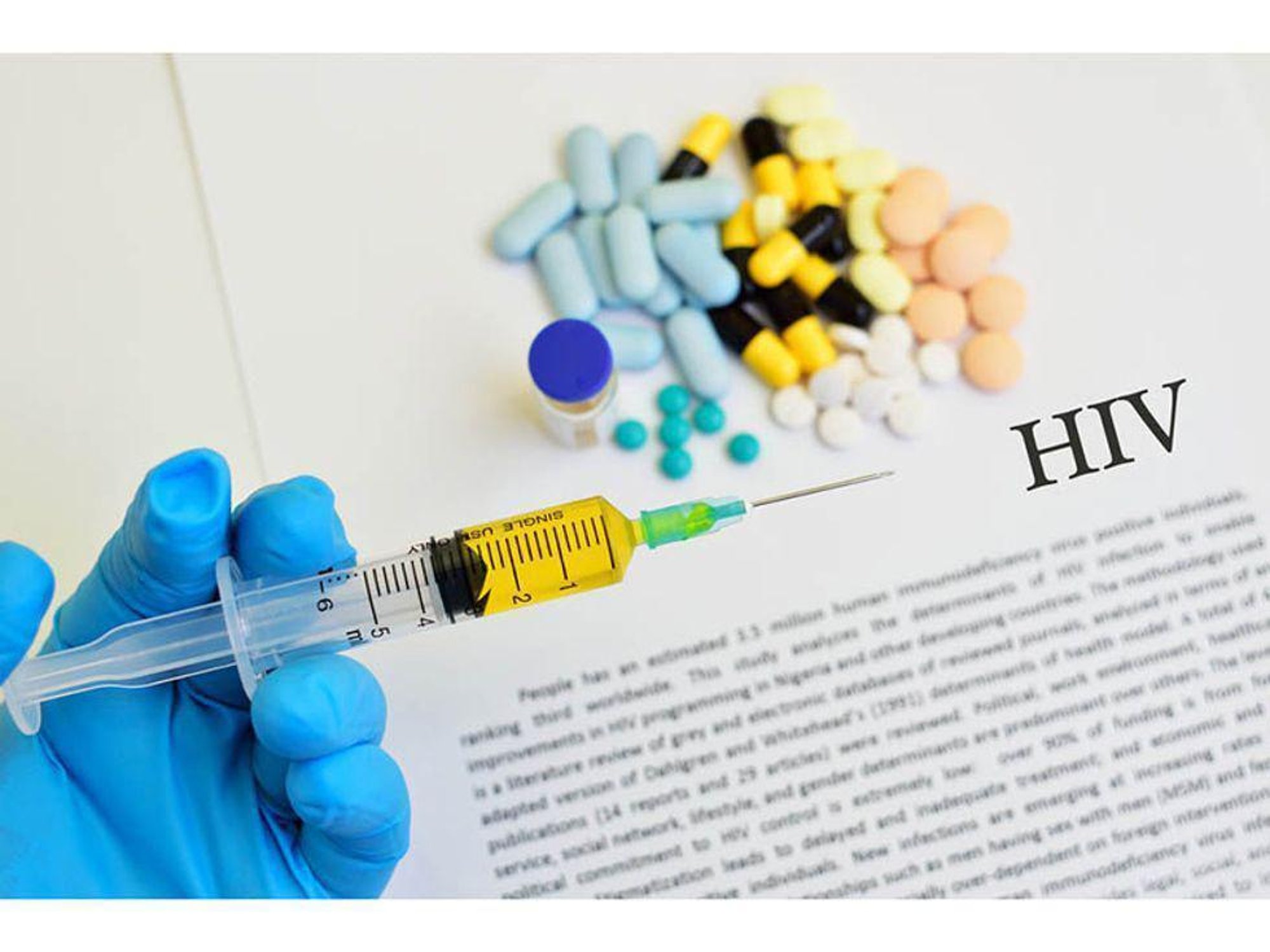How Two People With HIV Suppressed Virus After Stopping Treatment

FRIDAY, Oct. 29, 2021 (HealthDay News) -- There are two ways that HIV patients' bodies can keep the virus under control after they stop antiretroviral therapy, a new study shows.
The findings could point to ways to help people with HIV keep the virus in remission without having to keep taking medications that can have long-term side effects, according to researchers at the U.S. National Institute of Allergy and Infectious Diseases (NIAID).
Dr. Anthony Fauci, director of NIAID, and Tae-Wook Chun, chief of its HIV Immunovirology Section, co-led the study.
It included two adults with HIV who began antiretroviral therapy (ART) soon after being infected with the virus that causes AIDS. They continued treatment for more than six years and successfully suppressed the virus.
They then joined a clinical trial and stopped taking ART under medical supervision. One patient was followed for four years and the other for more than five, with assessments every two to three weeks.
Researchers were looking for the timing and size of viral rebounds in each -- that is, times when levels of HIV in their blood became detectable.
In one patient, viral suppression lasted nearly three and a half years, with occasional rebounds in virus counts. The other patient had nearly complete HIV suppression for close to four years, but then had a big surge when he was infected with a different HIV strain, a situation called "superinfection."
In the first patient, researchers found high levels of HIV-specific immune cells called CD8+ T cells that can kill virus-infected cells.
The second patient had a weaker CD8+ T cell response against HIV, but a very strong neutralizing antibody response until the sudden viral rebound.
This suggests that different mechanisms were at work in each patient, the researchers said in an NIAID news release.
Neutralizing antibodies may have played a significant role in near-complete HIV suppression until the second patient was infected with a different strain of the virus, according to the study.
The research also shows that HIV superinfection is a potential cause of a sudden virological breakthrough in people with HIV who stop ART, especially when after a prolonged period of virus suppression.
The findings were published Oct. 28 in the journal Nature Medicine.
More information
The U.S. National Institutes of Health explains how to stay healthy with HIV.
SOURCE: U.S. National Institute of Allergy and Infectious Diseases, news release, Oct. 28, 2021
Related Posts
Response to Neoadjuvant Chemo for Breast Cancer Varies by Sex
THURSDAY, Oct. 6, 2022 (HealthDay News) -- Both proportions and odds of...
Providers Have Inadequate Awareness of PCV20 Vaccination Recommendations
FRIDAY, Sept. 8, 2023 (HealthDay News) -- Two-thirds of health care providers...
Lower Fecundability With Residence in Disadvantaged Neighborhood
FRIDAY, July 1, 2022 (HealthDay News) -- Residence in a socioeconomically...
El tabaquismo sigue arraigado en las comunidades más pobres de EE. UU.
LUNES, 7 de marzo de 2022 (HealthDay News) -- Aunque el tabaquismo se ha...
